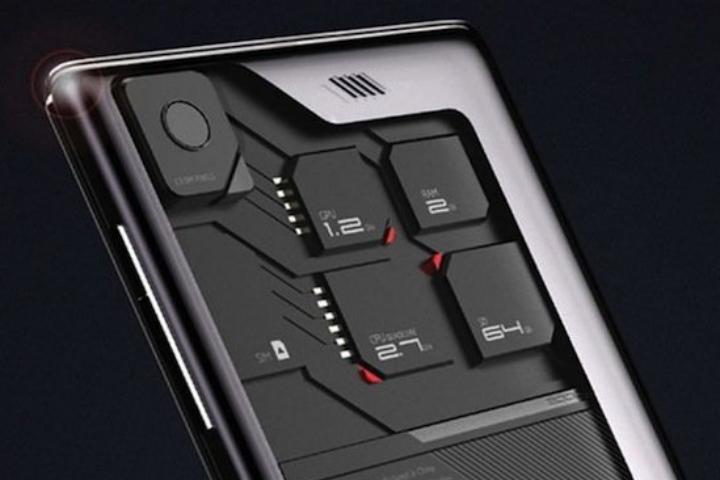
Motorola and Phonebloks aren’t the only firms working on a modular design smartphone, as ZTE has decided it also wants a piece of the action, and showed off its own Eco-Mobius prototype modular smartphone at CES 2014. Modular phones are exciting because they will allow us to customize the handset to our needs, by swapping out key components and replacing them with others. Sadly though, it’s not something we’ll be doing for a few years yet.
ZTE’s Eco-Mobius was previously announced in October last year, so it’s good to hear to project is still being worked on. It has four different customizable components, the screen, the battery, the camera, and finally, the brains. This final module includes the option to choose the processor, the amount of RAM, and the grand total of internal storage memory. The idea is to produce a core smartphone, then offer an extensive list of customizable parts, instead of a wide-range of models which never quite seem to match up with everyone’s needs.
For smaller companies like ZTE, rather than massive mega-corps like Samsung, modular phones could reduce costs while also reaching – and pleasing – more customers. For us, it could signal the end of compromise, as that massive megapixel camera phone we’d love can now be specced with a massive battery too. The “Eco” part of the device’s name is there to remind us of the environmental benefits of such a device, as upgrades may no longer need an entirely new phone, just a new replaceable module.
Motorola’s Project Ara modular phone received considerable attention during 2013, and despite CEO Dennis Woodside saying it’s close to release in a recent interview, the 3D printing firm responsible for building some of the parts indicated we’re still at least a year away from seeing the first examples. ZTE’s timeframe for Eco-Mobius also stretches into the future, with a release date likely to come in around two years time.




